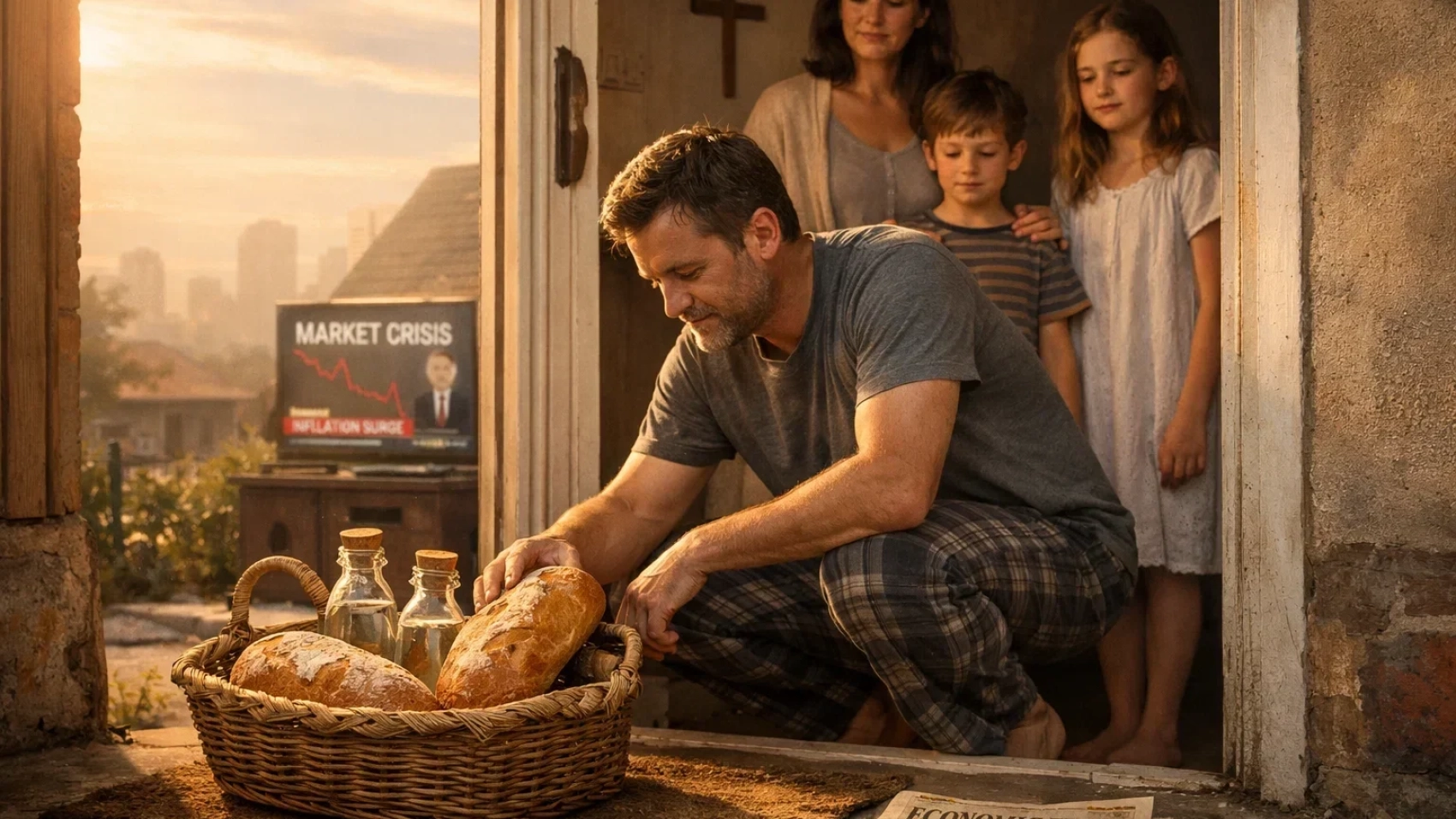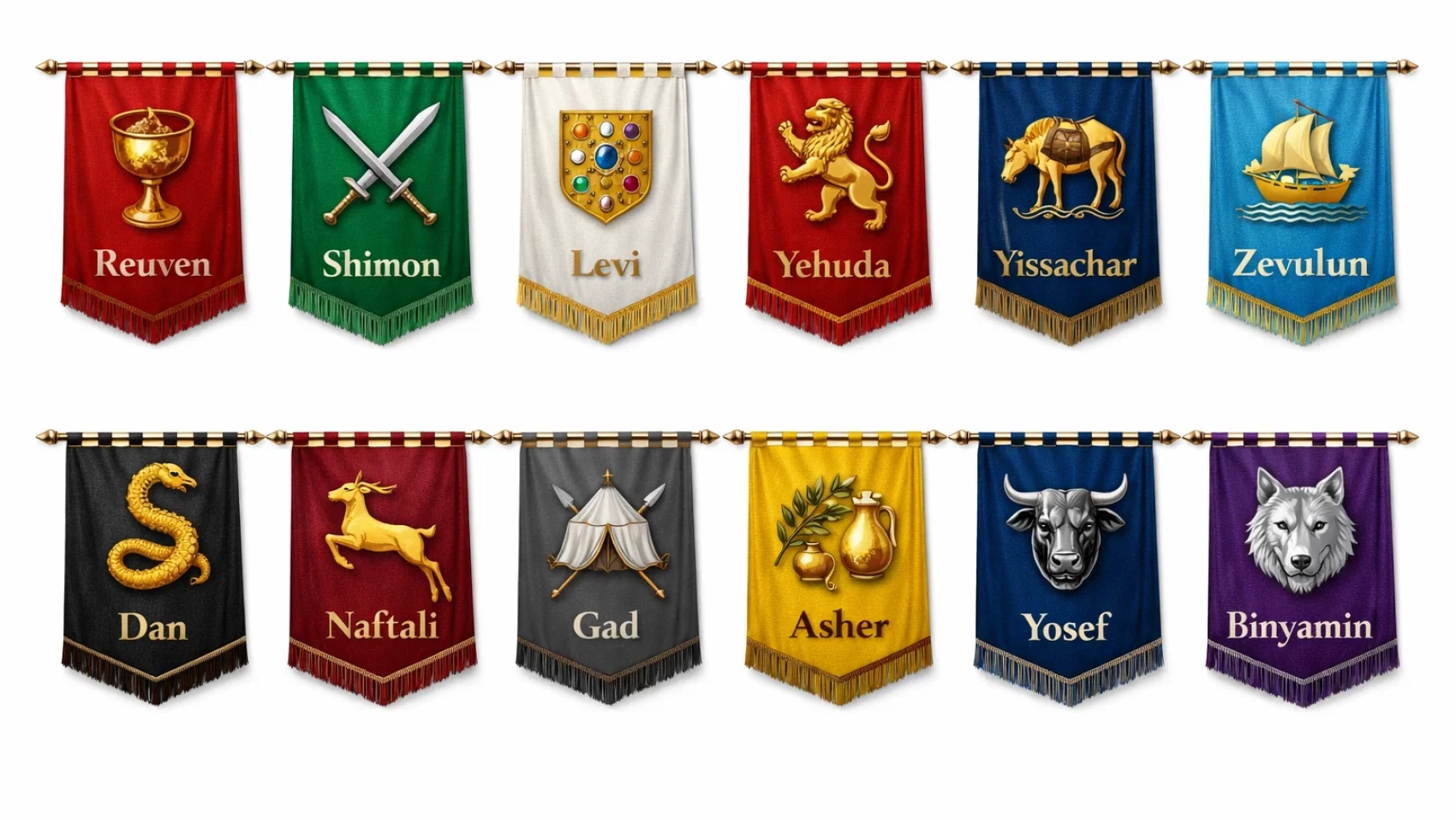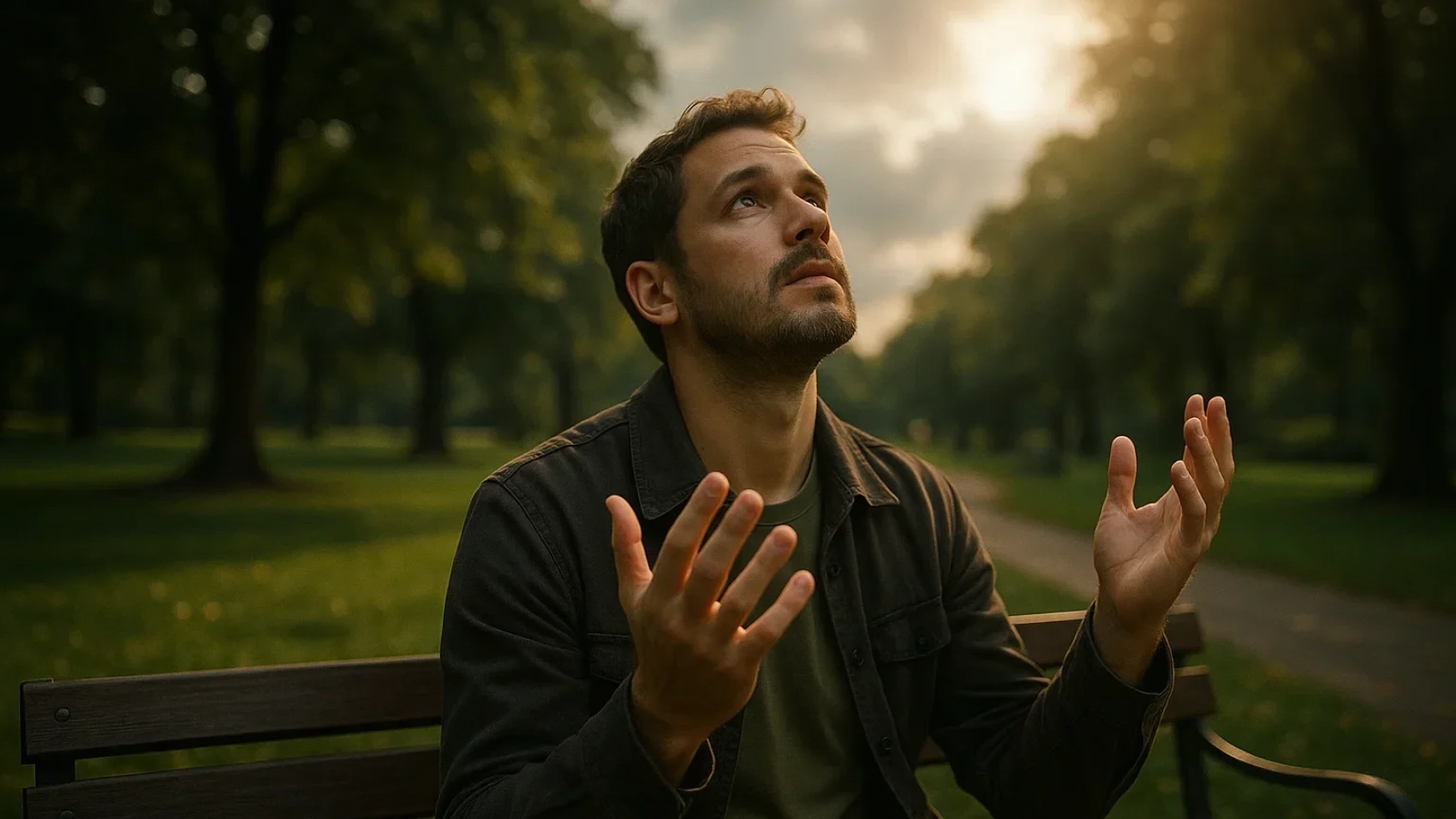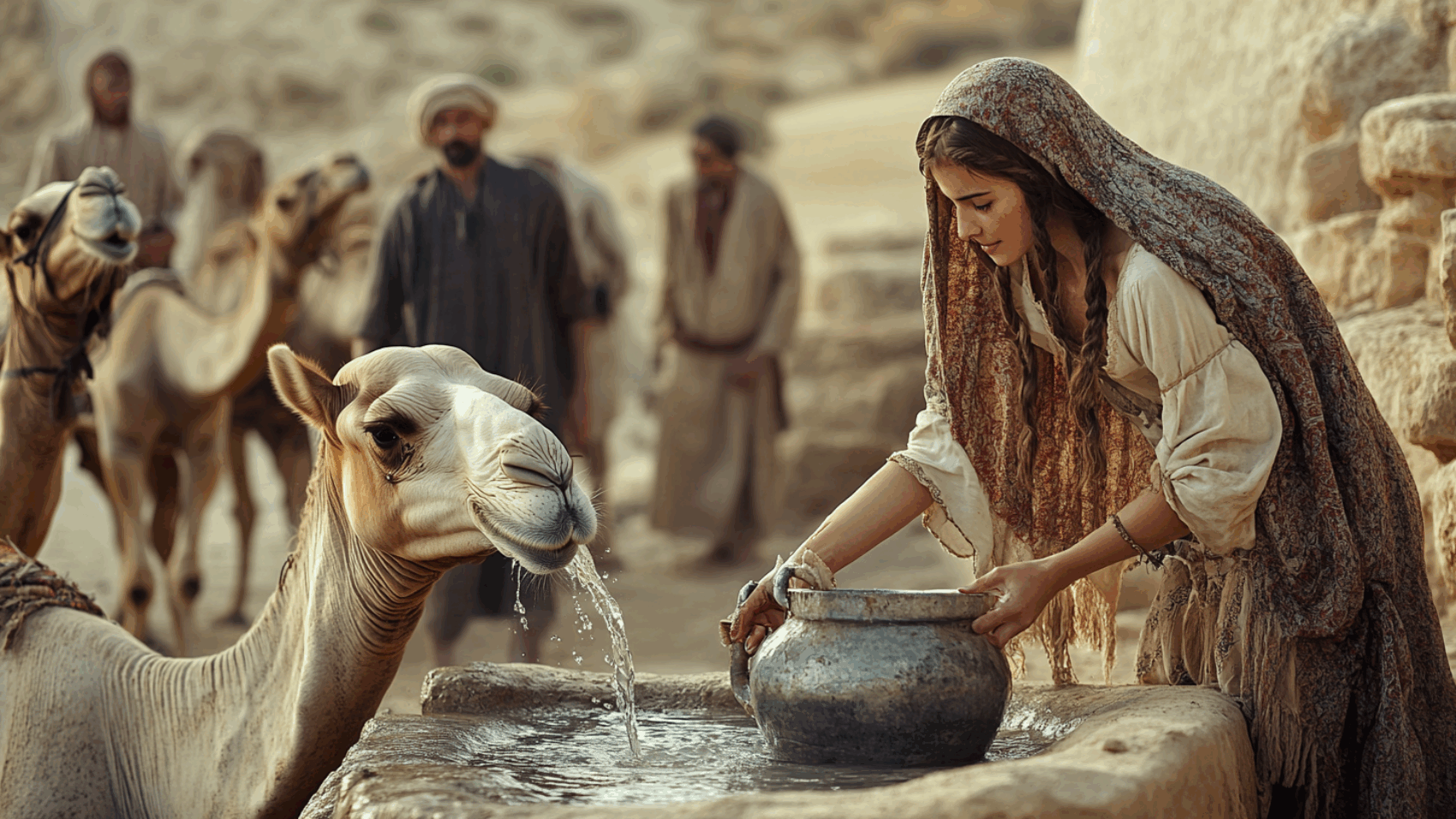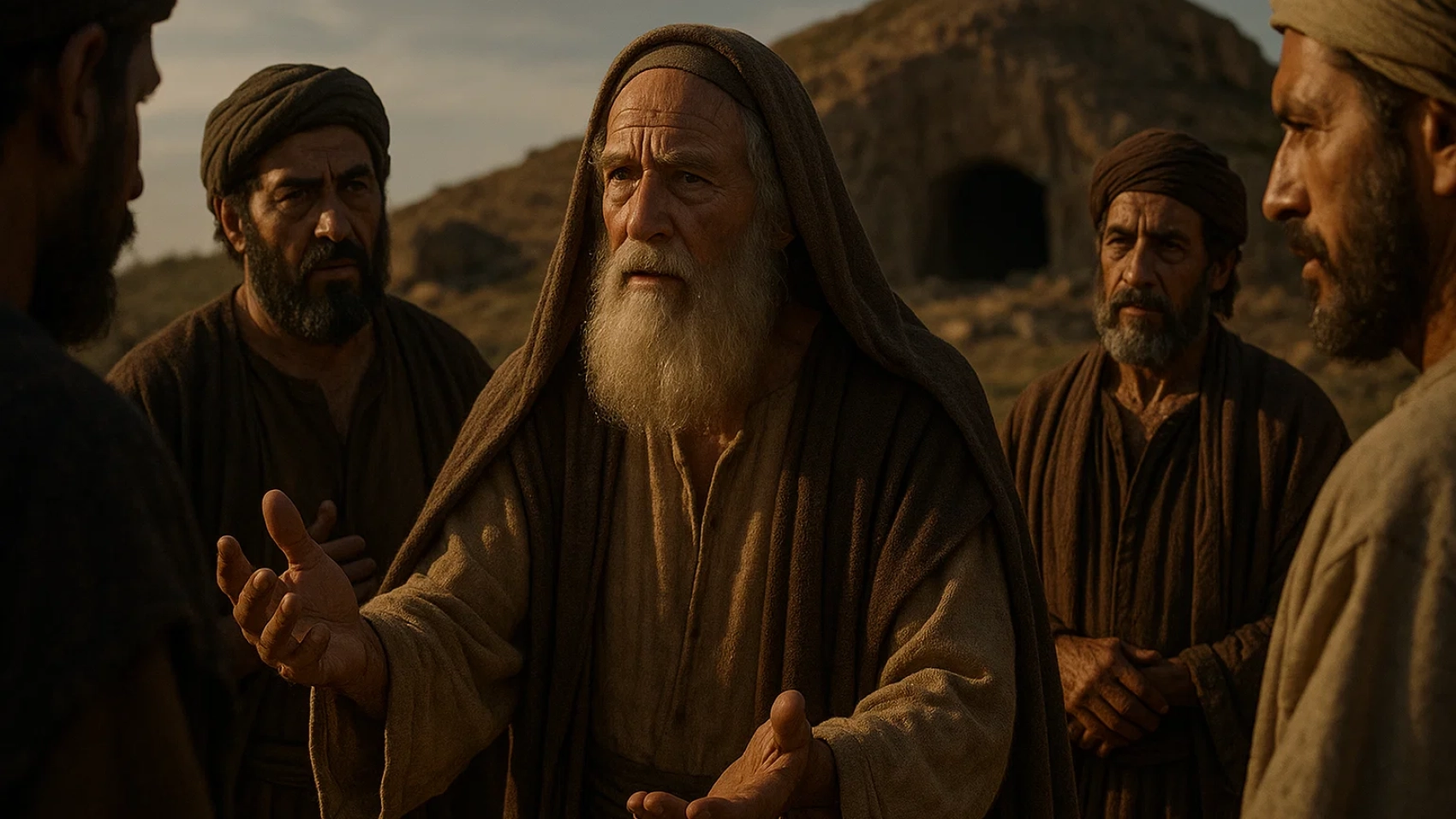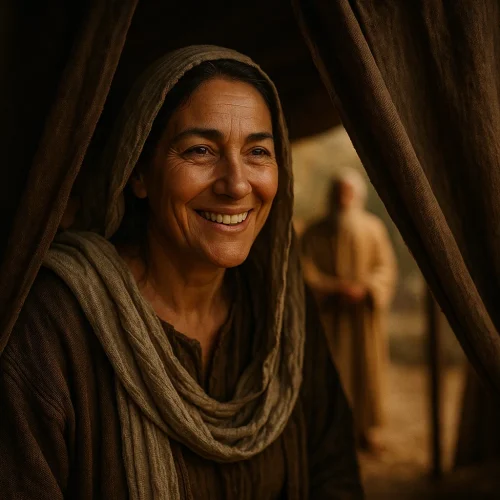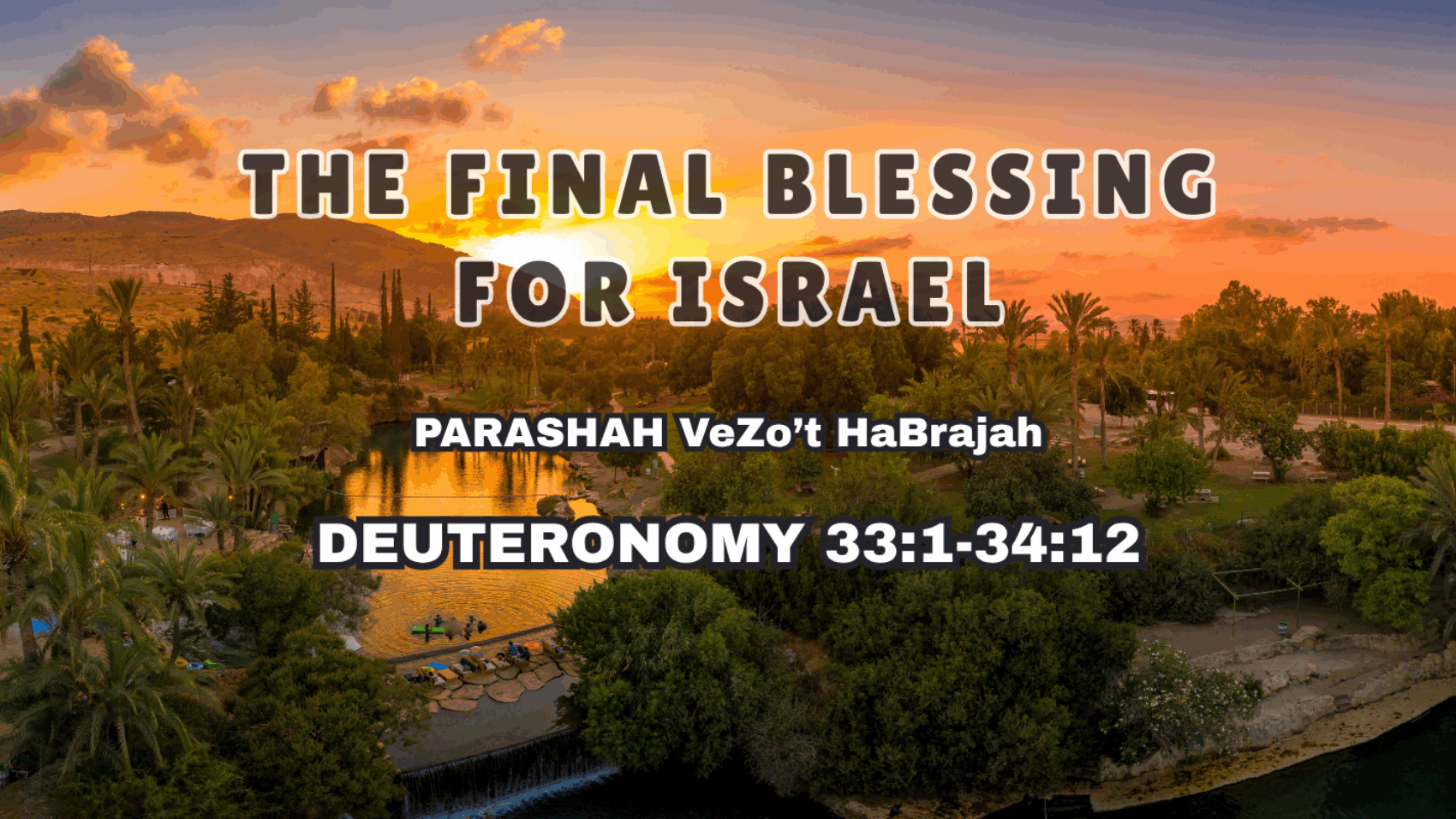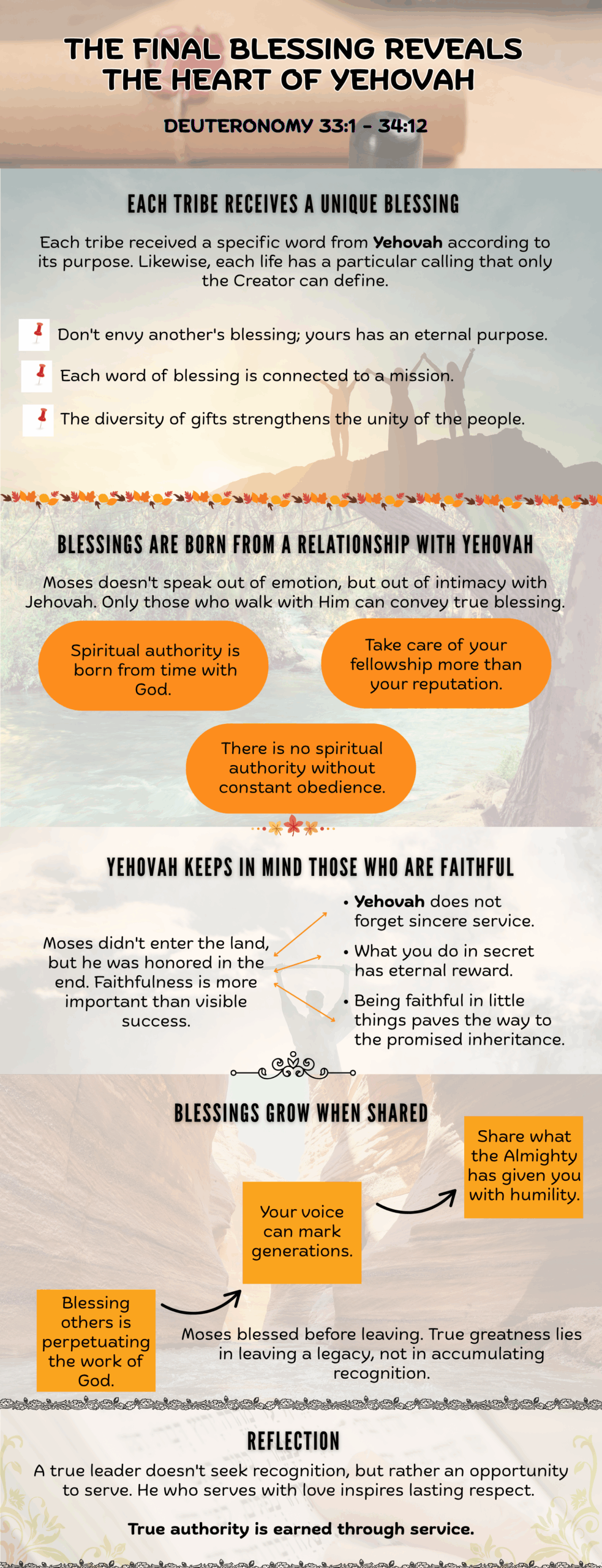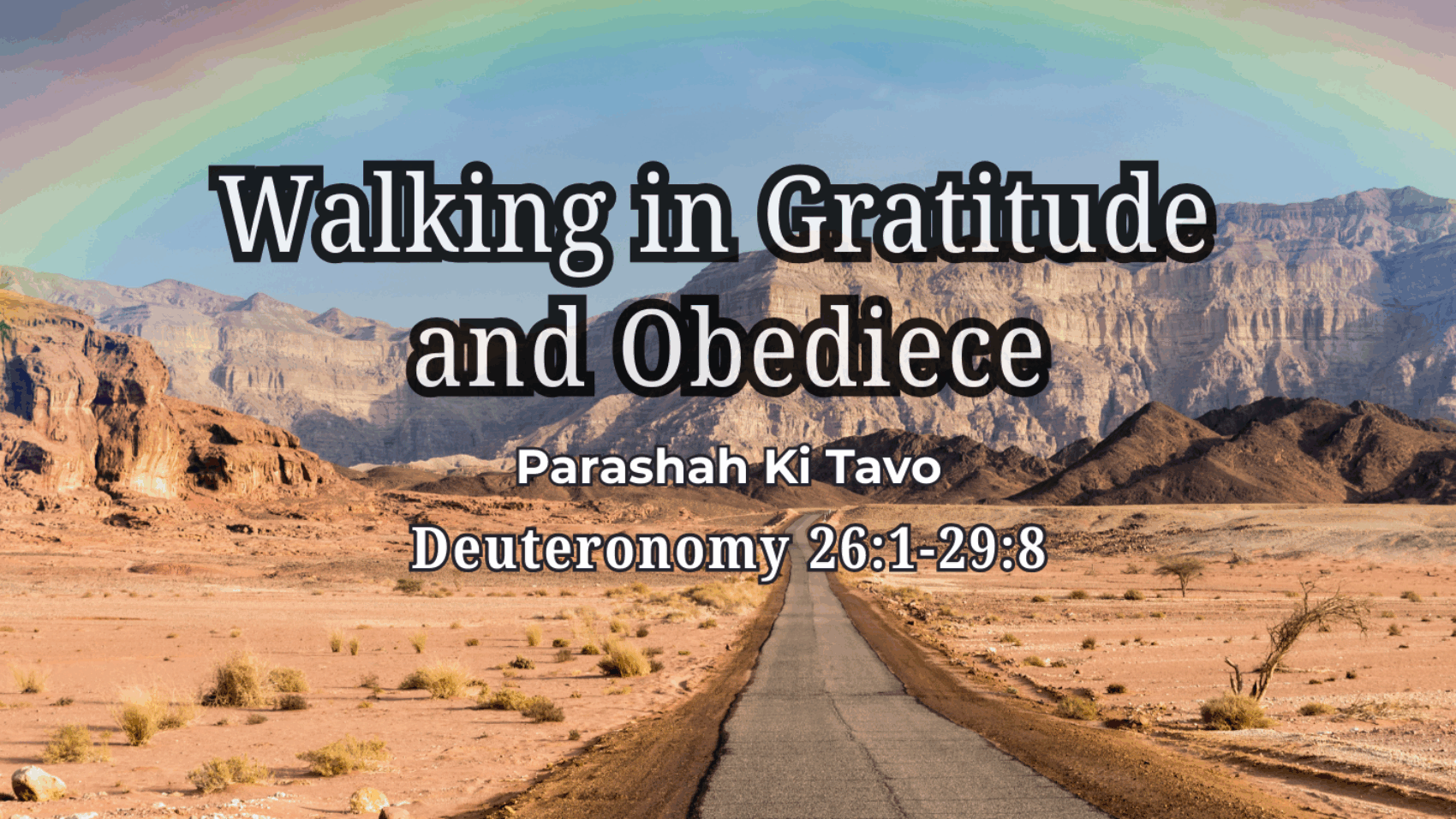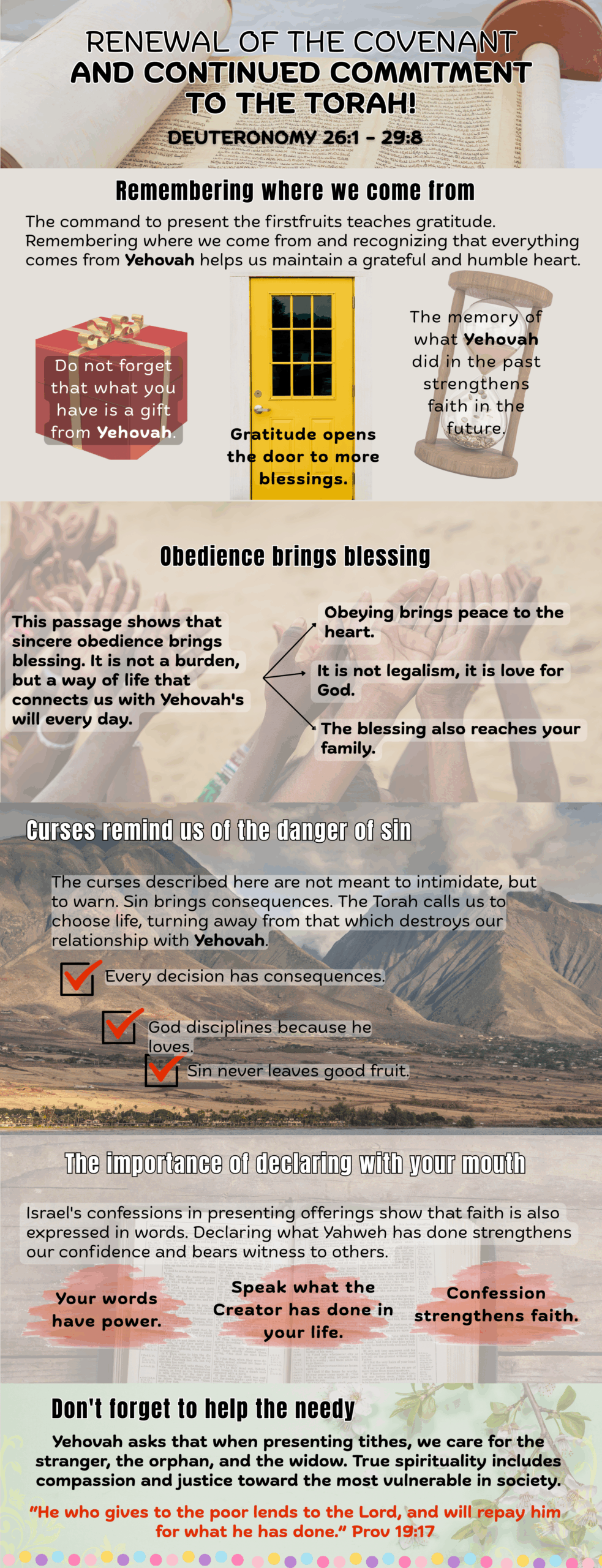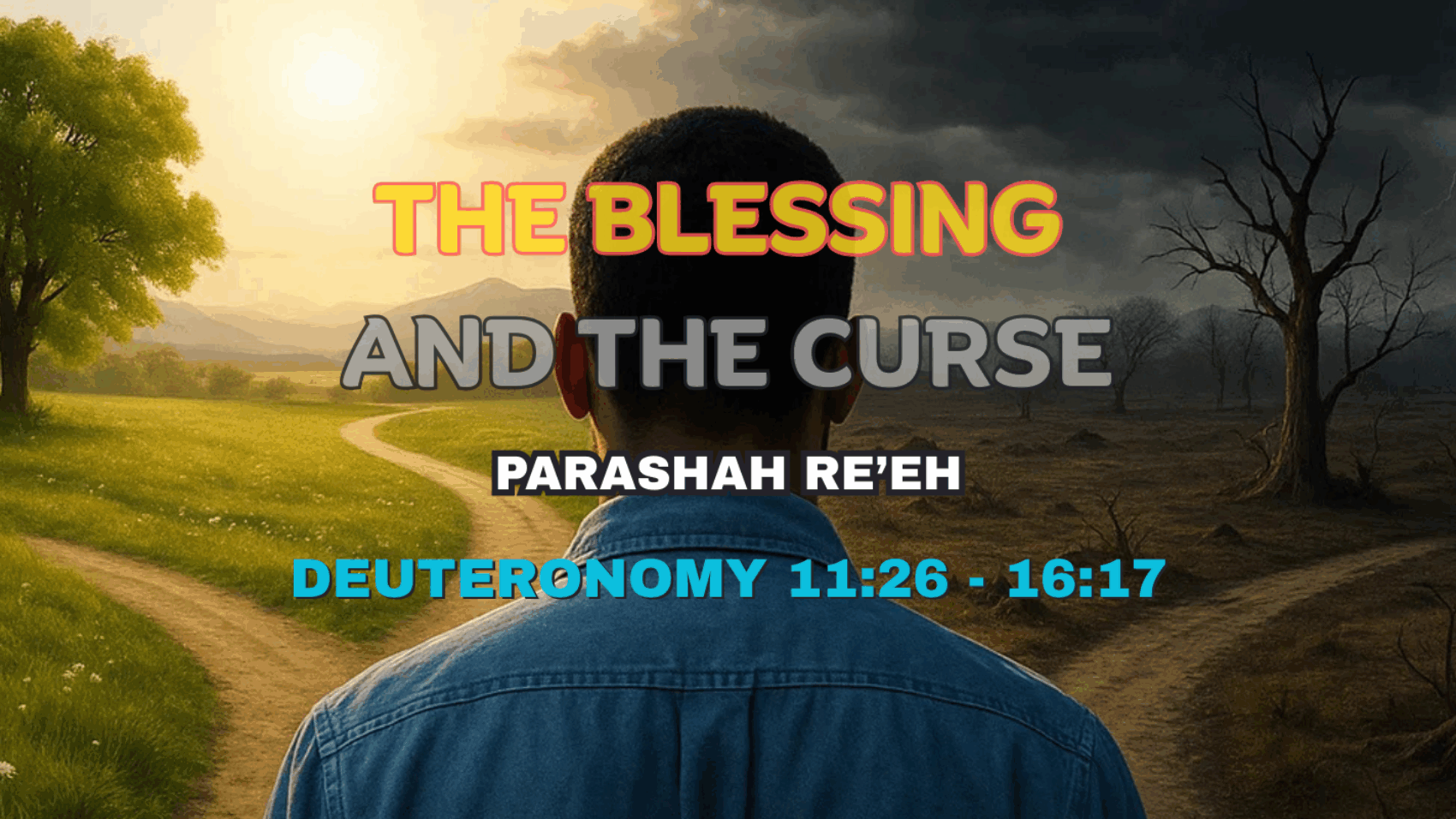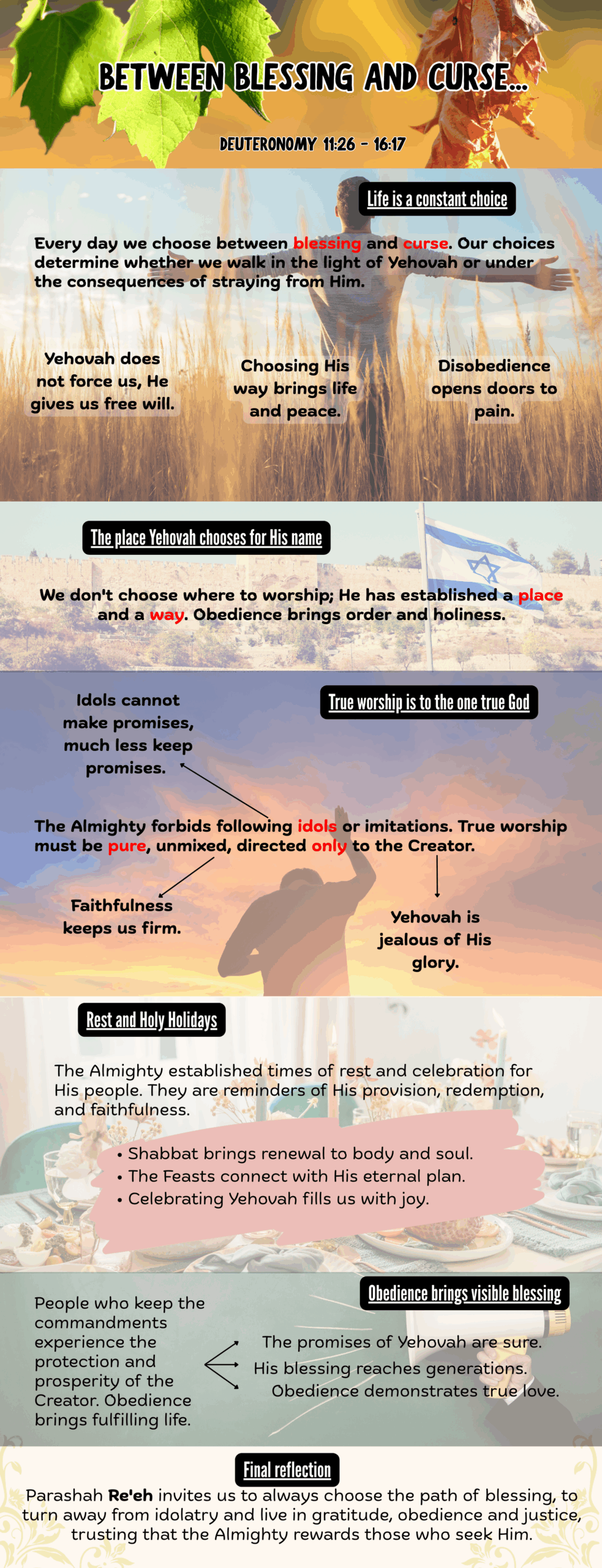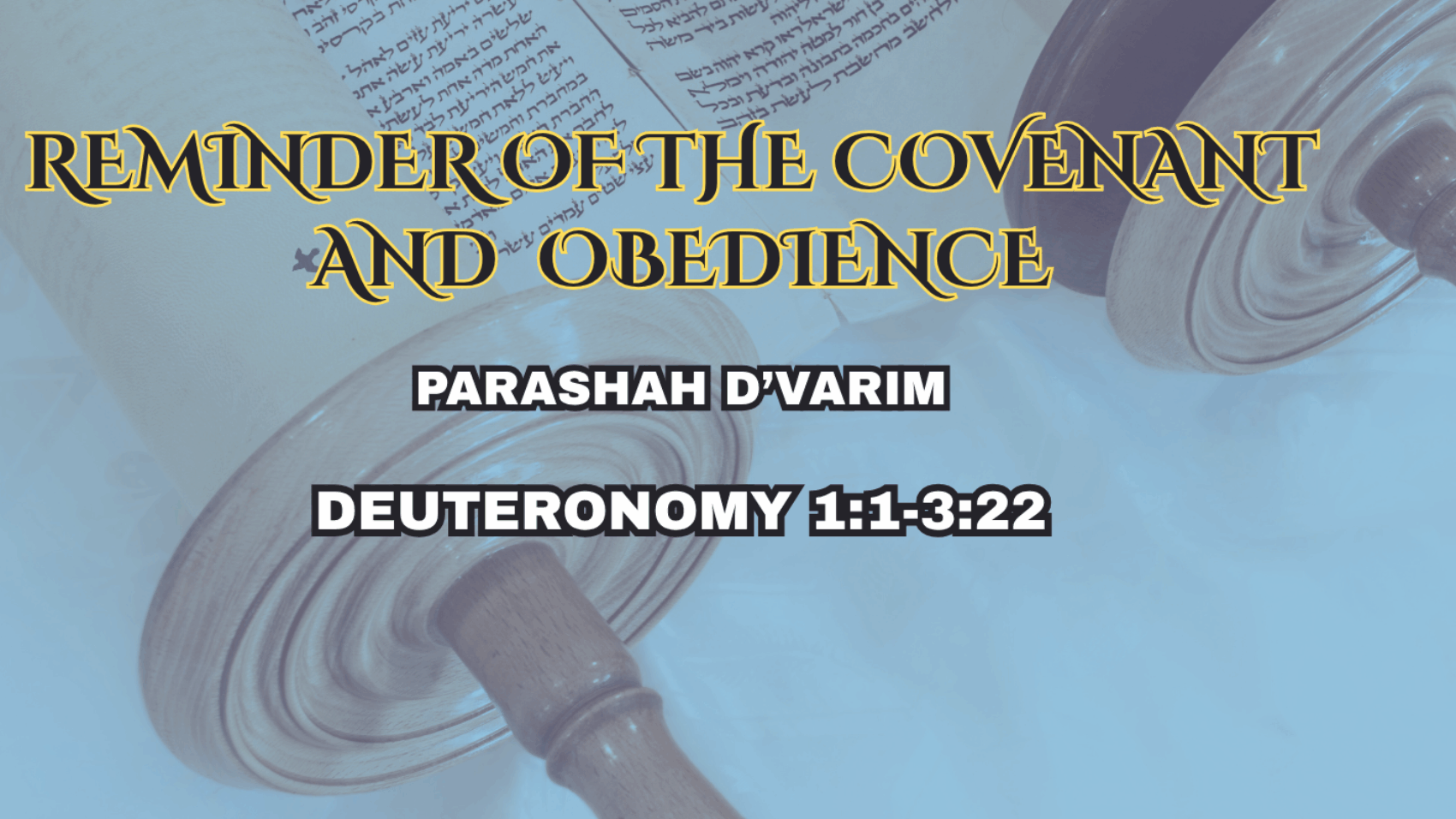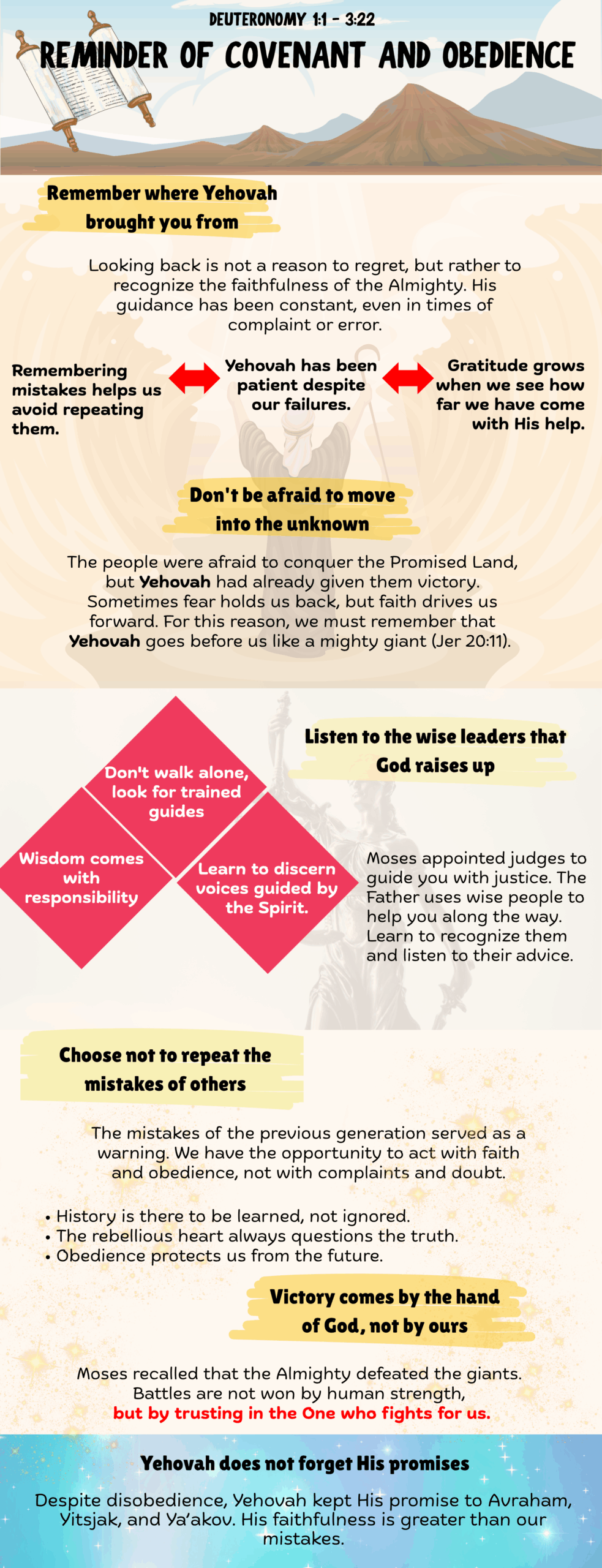The story of Jacob’s ladder is one of the most profound and beautiful scenes in all of Scripture. Jacob is fleeing—alone, tired, and uncertain. He has no stable home, no protection, and no idea what awaits him. Yet in the middle of that vulnerability, Yehováh reveals Himself in a surprising way: Jacob sees a ladder connecting earth to heaven, with angels ascending and descending upon it.
This moment is not merely a mystical vision. It is a message from the Most High—not only for Jacob, but for all of us:
God is not far. Heaven is still connected to earth. The divine presence still touches our reality.
In a time like ours, where so many feel spiritually disconnected—living with anxiety, loneliness, or confusion—this message is more needed than ever.
Jacob slept in an ordinary place, using a stone as a pillow. It wasn’t a “spiritual” site. It wasn’t a temple. There was no music, no special atmosphere. It was simply an empty spot along the road.
Yet there, the Almighty spoke to him.
This reminds us that Yehováh does not manifest Himself only in “special” places, but in the everyday moments:
— in a simple room,
— in a moment of exhaustion,
— or in the middle of uncertainty.
The Creator is not limited to temples or ceremonies. He steps into real life, just as He did with Jacob.
The ladder was not just any symbol—it represented something humanity had lost since Eden: direct connection with the heavenly realm.
The message is clear: Heaven is still open. The line of communication with the Most High is not closed.
Today, that connection seems weakened. We live surrounded by screens, noise, social media, distractions, endless schedules, and tired minds. Spirituality has become a distant concept for many. But Jacob’s vision reminds us that heaven never closed—we are the ones who stopped looking upward.
The angels ascended first and then descended. This reveals that the Most High is always at work—organizing, sending help, guarding, and guiding.
Even when Jacob couldn’t see it, even when he felt alone, the spiritual realm was active.
Our society trusts only in what it sees, feels, or can measure. Yet this vision teaches that there is an invisible movement of the Creator bringing purpose, order, and protection.
Even if you don’t feel it, God is working.
Even if you don’t see it, He is still moving pieces on your behalf.
The story doesn’t end with the ladder. Jacob wakes up and says:
“Surely Yehováh is in this place, and I did not know it.”
That is the problem of our generation: God is present, but we don’t recognize Him because we are distracted.
Restoring the connection means making room for silence, returning to prayer, studying the Word, inviting Yehovah, our Creator into every area of our lives, and living with awareness of His presence. It is not about complicated rituals, but about returning to a living, real relationship with the Most High.
For Jacob, this vision was a turning point. It shaped his identity, his journey, and his relationship with Yehovah. He understood he was not walking alone and that the divine purpose for his life remained intact.
Today, we need that revelation again:
Heaven is not far—it is touching the earth.
The Creator is not distant—He is drawing near.
The Almighty has not stopped speaking—we must open our hearts.
Jacob’s ladder is an invitation to listen again, to look upward again, to restore our connection with the eternal. It is a reminder that even in moments of exhaustion or uncertainty, heaven remains open and God remains near.
Shalom!

